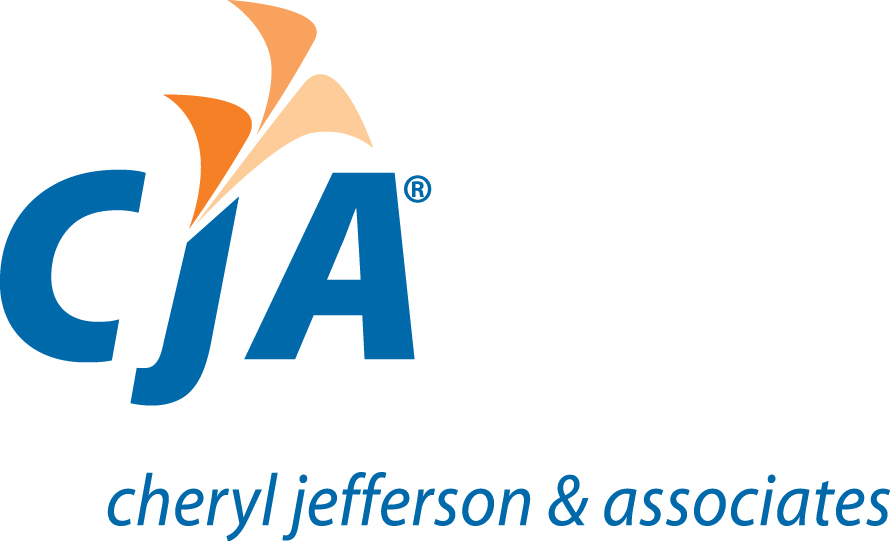Tax Changes in 2018 That Will Impact You
There have been a lot of rumors and speculations in the past year regarding potential tax changes. At the close of the tax year, it is hard to know what is fact and what is fiction. Here is a recap of selected changes affecting small businesses effective in 2018 from the 115th congress which became law.
Corporate Tax Rate
The corporate tax rate has changed to a flat rate of 21%.
Section 179 and Depreciation
The expensed amount has increased to up to $1 million and the phaseout threshold increased to $2.5 million. Section 179 expensing now includes qualified improvements and the first-year bonus depreciation expanded to include used qualified property. The deductible percentage of first-year bonus depreciation increased to 100% for certain business in 2018 and at this point is to remain effective through January 1, 2023. There has been an increase in depreciation limits on luxury automobiles beginning in 2018. The definition of listed property no longer includes computers and peripheral equipment (mouse, printers, etc). These tax changes should be kept in mind.
Cash Accounting Method
Adjustments to cash accounting requirements for eligible small businesses include business with gross receipts up to $25 million.
Qualified Business Income of Pass-Thru Entities
Taking into account W-2 wages and unadjusted basis, section 199A Qualified Business Income allows pass-thru entity owners to decrease their individual taxable income by 20%.
Entertainment
Any activity generally considered entertainment will no longer be deductible. This includes amusement, recreation, baseball games, and club membership dues. The exception is office parties for the benefit of employees (i.e. company picnic or holiday party) which will continue to be 100% deductible. This are significant tax changes that will impact much in the coming years.
Meals
Meals related to entertainment are nondeductible. Meals provided through a food facility which fall under the de minimis fringe requirements are still 50% deductible. Business and travel meals will continue to be 50% deductible. Meals provided to an employee for the employer’s benefit will now be 50% deductible instead of the previous 100%.
Transportation Fringe Benefits
Transportation paid for or provided for employees between residence and place of employment will no longer be deductible. Expenses related to the safety of employees are still deductible.
Net Operating Loss
There have been modifications to deductions for net operating losses. The amount of an operating loss deduction is now the lesser of the aggregate net operating loss carryovers and carrybacks or 80% of taxable income before considering net operating loss. With the exception of farming businesses and trades, the two-year carryback will no longer be allowable. However, carryforward net operating losses will be allowable indefinitely as opposed to being limited to twenty years.
Like-Kind Exchanges
Up until 2018, Section 1031 applied to property which included tangible property (ex. equipment, vehicles, etc). Section 1031 now includes only real property (basically real estate) for exchanges on December 31, 2017 and forward. The gain on real property held for sale is no longer exempt from taxable income. Like-kind property does not include real property within the US vs real property outside the US.
Employee Achievement Awards
To be tax deductible for the employer and not taxable for the employee, the employer must select from a list/group of items pre-selected and pre-approved by the employer. In addition, cash, cash equivalents, gift cards, gift certificates, and other non-tangible items will continue to not be tax deductible.
Family and Medical Paid Leave Credit
Employers who pay at least 50% of an employee’s wages and pay for at least two weeks leave, will be eligible for a tax credit ranging from 12.5%-25% of the cost up to twelve weeks of leave.
In summary, these are a few of the general changes affecting small business owners. It is not a comprehensive detailed list. You will need to talk to your accountant regarding how these will affect your business specifically.
Contributed by Jamie M. Shryock, CPA

